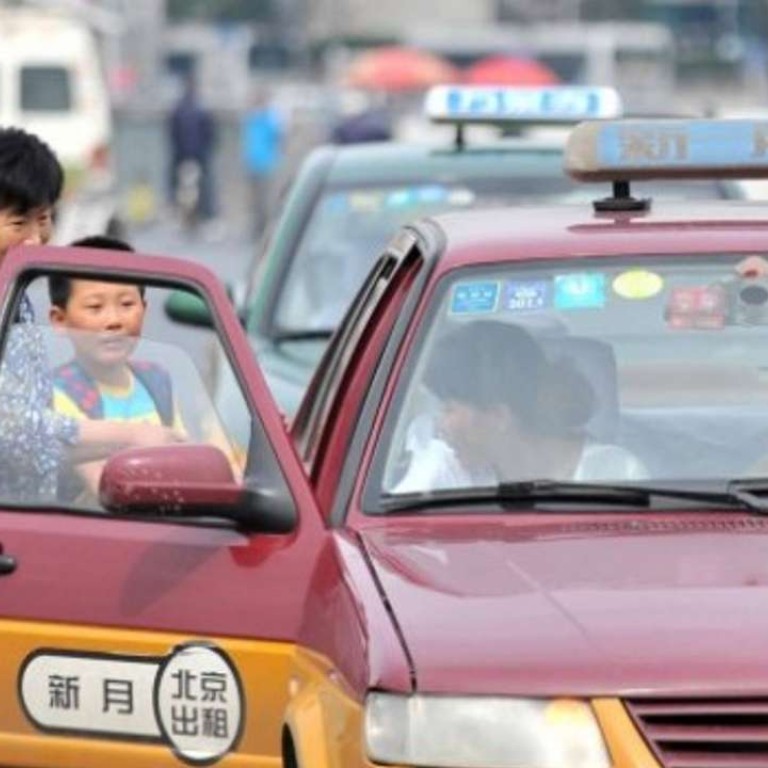
With over 10 million orders a day, car-hailing operator Didi Chuxing now ranks as China’s No 2 online platform after Alibaba’s Taobao
Company’s carpooling service now used by 50 per cent of its total users, it says
Didi Chuxing Technology, China’s largest car-hailing app operator, is now processing over 10 million orders a day, making it the second-largest online transaction platform in China, the company said this week.
It is only bested on the mainland by Taobao.com, the consumer-to-consumer online marketplace run by e-commerce giant Alibaba Group.
By the end of last month, the total number of people using this service in 15 of China’s biggest cities had passed 83.2 million, according to Didi. The cities include Beijing, Hangzhou in Zhejiang province, Chengdu in Sichuan province and Guangzhou in Guangdong province, it said.
According to data from Didi’s platform, carpooling is becoming more popular among its Chinese customers.
It said over 50 per cent of its total users are now willing to share a ride, with customers in three wealthy cities in eastern China particularly receptive. The cities are Qingdao in Shandong province, Nanjing in Jiangsu province and Hangzhou.
The company, created by a merger of the nation’s top two rival car-hailing firms in February 2015, said it will launch the Express Pool service in 12 more Chinese cities within the next month.
This comes as transport minister Yang Chuantang expressed his support for carpooling services, which are seen as one way of combatting China’s massive smog and congestion problems, on the sidelines of the annual National People’s Congress in Beijing earlier this month.
Didi’s chief executive officer Cheng Wei said the company will keep pushing ahead with such moves.
“We would like to go from hailing a car to hailing a seat when our ride-pooling is introduced into taxis, express cars, private cars, and Hitch,” he said, referring to one of its carpooling services targeting white collars.
Drivers who register with Hitch input their destination and get paired with a passenger who will be picked up along the way - allowing them to network.
“Didi spent three years linking up urban mobility options on our mobile platform,” Cheng added.
China has been moving to regulate the fast-growing ride-hailing market for months after a backlash by established taxi operators resulted in strikes and go-slow campaigns in various Chinese cities last year. The government responded by raiding several Chinese offices of San Francisco-based Uber, Didi’s top rival on the mainland, which also expressed plans to enter another 100 Chinese cities last year.
The two companies raised over US$4 billion in investment between them last year and have been burning through cash in China as they offer subsidies and other incentives to gain more market traction. Yet Didi claims to control over 70 per cent of the market in mainland China.
More recently, the Ministry of Transport said this month it is considering a draft set of regulations that would covers both regular taxi and private car-hire services.
Yang said these would take into account public opinion and should be released soon. He refrained from giving a specific time frame.
This was hailed as paving the way for the legalisation of online ride-hailing services such as Uber and Didi.

